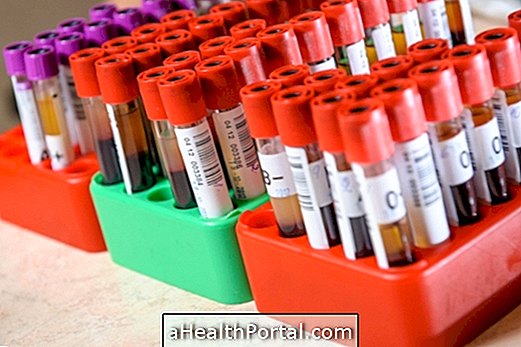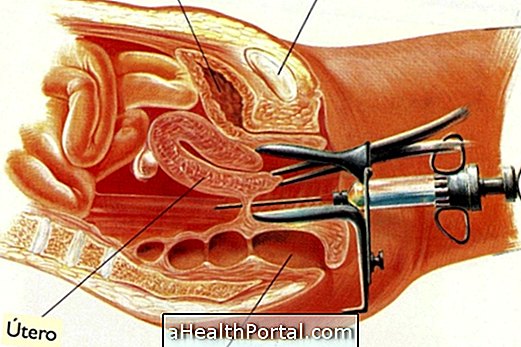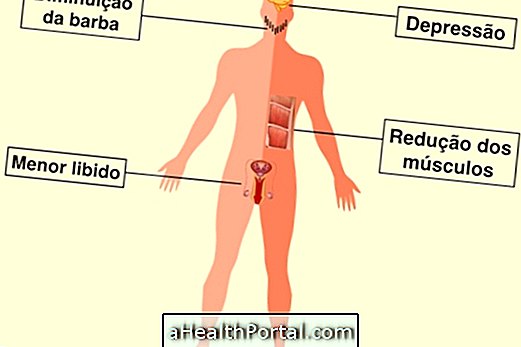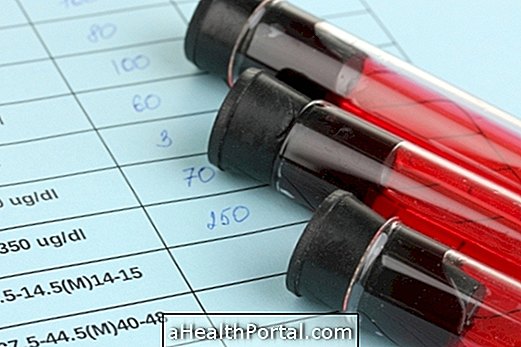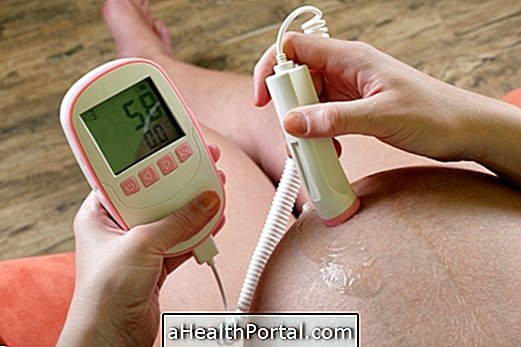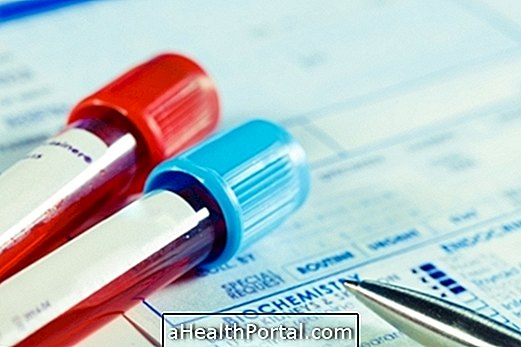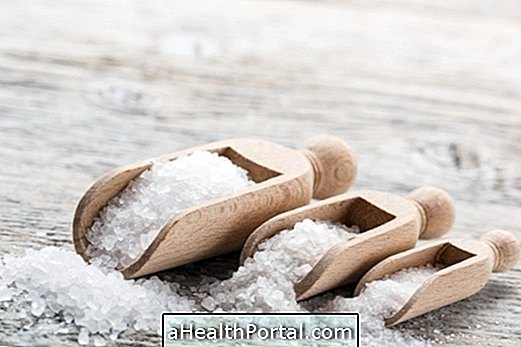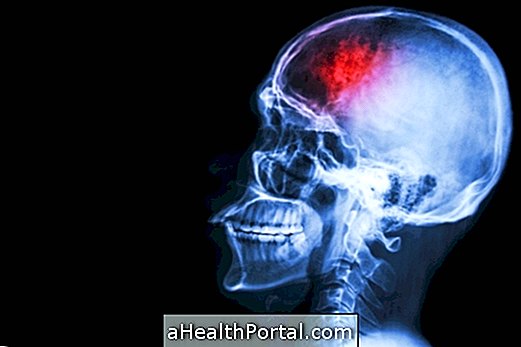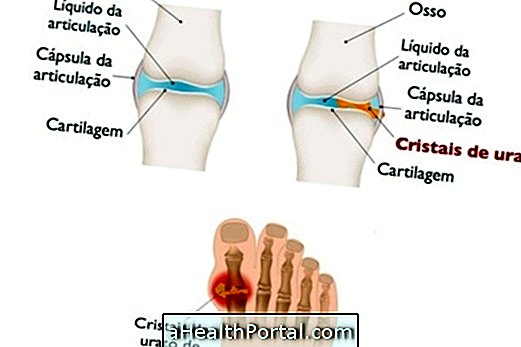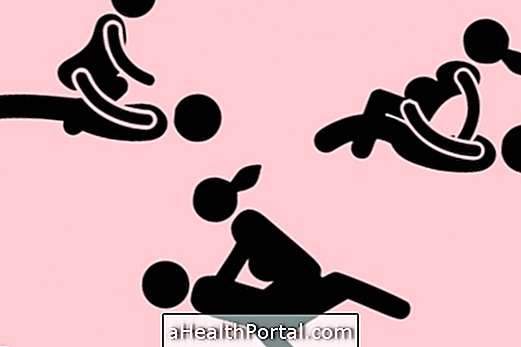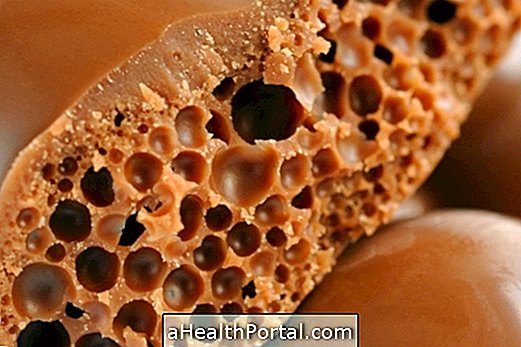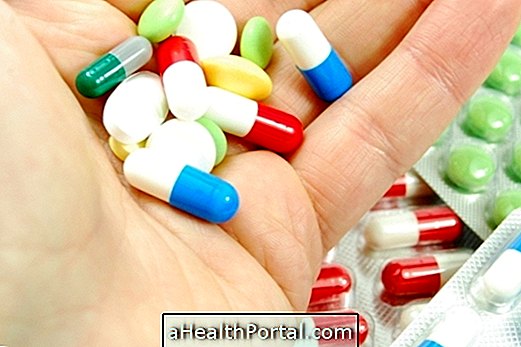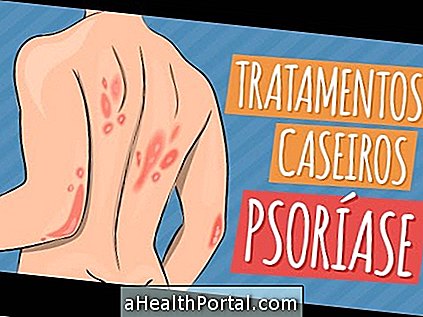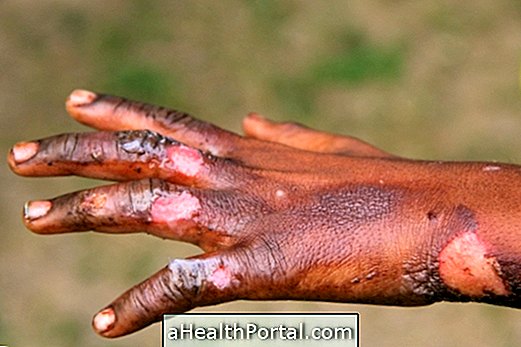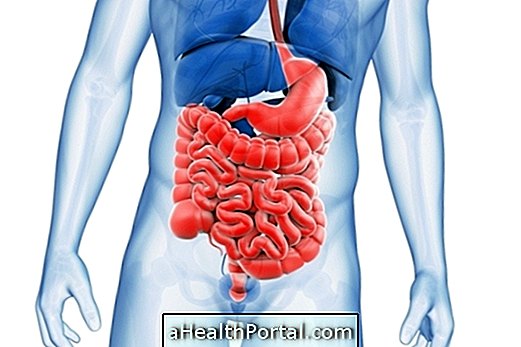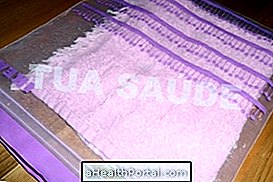To prepare for myocardial scintigraphy, also called myocardial perfusion scintigraphy or myocardial scintigraphy with mibi, it is advisable to avoid some foods such as coffee and banana, and high blood pressure medications 1 or 2 days before the procedure.
While fasting is not necessary, some doctors may indicate that they have not eaten since midnight the day before, just to ensure that bowel activity does not interfere with the test result. Thus, it is very important to talk to the doctor before taking the exam.
Myocardial scintigraphy has an average price between 1200 and 1400 reais and is used to evaluate the flow of blood in the heart arteries. It is used to evaluate the presence of infarction in patients with chest pain who are at high risk of having heart problems or in cases of heart failure, heart transplantation and heart valve disease.
Check out the 12 symptoms that can indicate heart problems.

How is the exam done?
At first, the person receives an injection with a radioactive substance, necessary to form images in the device that evaluates how the blood is reaching the heart. Then drink about 3 glasses of water and take a light walk, to help the substance accumulate in the heart region, improving the images obtained in the examination.
The exam can be done in 3 ways:
- At rest: the person sitting or lying down;
- Physical stress test: The patient should walk or run on a treadmill or exercise bike while taking the exam;
- Pharmacological stress test: An injection is given with a medicine that speeds up the heart rate.
The beginning of the evaluation of the heart is done 30 to 90 minutes after the injection with the radioactive substance, making images through a device that rotates around the abdomen of the patient for about 5 minutes.
Often, the test is done both at rest and in stress, so it may take two days to take the test. But if they are done on the same day, usually the examination begins by the rest phase.
How to prepare
Preparation for the test involves medication and feeding care:
1. What medications to avoid
You should talk to your doctor for advice because you should avoid using high-pressure medicines such as Verapamil and Diltiazem for 48 hours and for asthma and bronchitis such as Aminophylline.
In addition, medicines to improve circulation based on nitrates, such as Isosorbide and Monocordil, should be discontinued within 12 hours prior to the examination.
2. How should the food be
In the 24 hours prior to the examination, avoid ingestion of:
- Coffee;
- Decaf coffee;
- Teas;
- Chocolate or chocolate foods;
- Banana;
- Soft drinks.
In addition, any other foods or medications that contain caffeine, alcoholic beverages, and carbonated beverages should also be avoided.
Although some doctors may indicate fasting before the test, most advise a light meal 2 hours before scintigraphy.
Possible risks and contraindications
The risks of myocardial scintigraphy usually occur in myocardial scintigraphy with pharmacological stress because of the side effects of the medication, which can be:
- Feeling of heat in the head;
- Chest pain;
- Migraine;
- Dizziness;
- Decreased blood pressure;
- Shortness of breath;
- Numbness.
However, myocardial scintigraphy normally does not cause health sequelae and it is not necessary to stay in the hospital.
In addition, it is important to remember that myocardial scintigraphy is contraindicated in women who are pregnant or breastfeeding.
